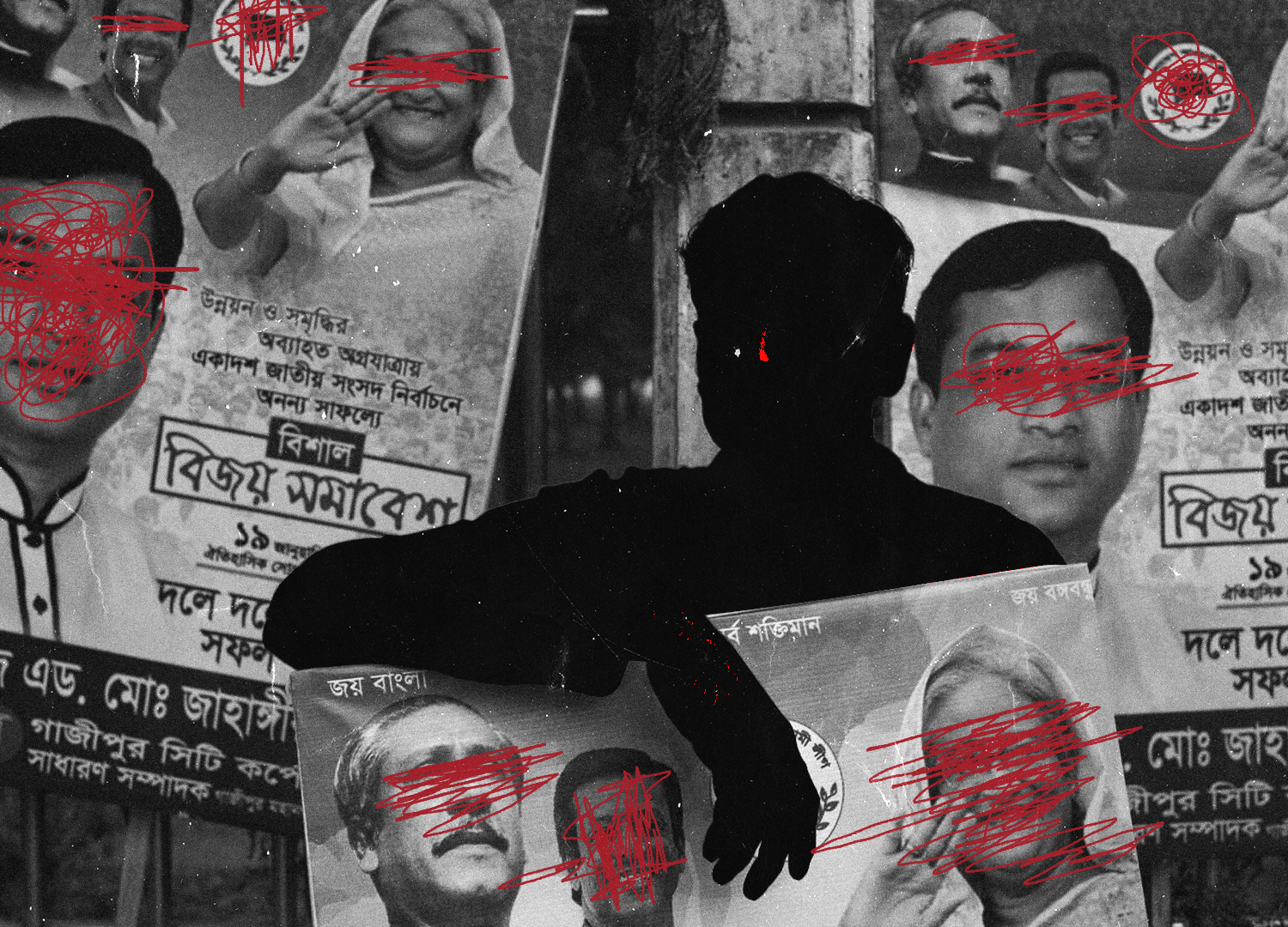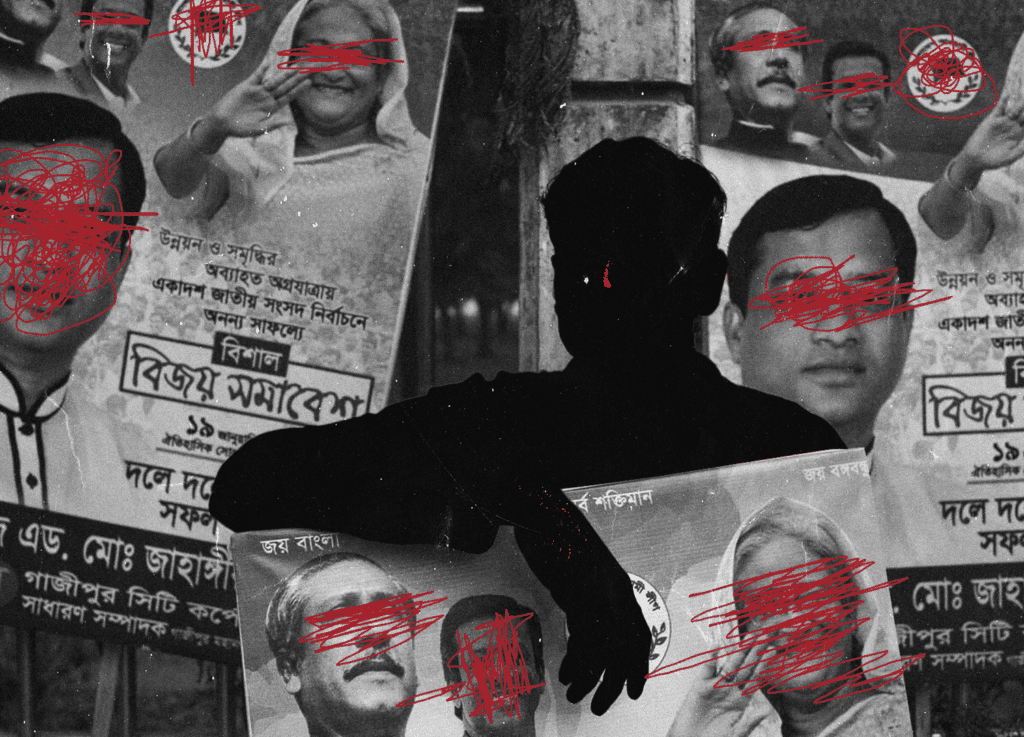Banning political parties ignores true accountability, justice and democracy in favour of scoring cheap populist points. Bangladesh has had enough shallow populism in its politics.


On August 1st, the then incumbent Awami League banned Jamaat-e-Islami and its student wing, Islami Chhatra Shibir, as political institutions. This was an illegal move, legally justified as an anti-terrorism effort. Following the Awami League government’s demise, the interim government rightly lifted the ban on August 24th. It is, therefore, all the more alarming that, barely a month later, the same interim government is seeking to amend the International Crimes (Tribunal) Act, to have the power to ban political parties, in stark contrast to its relentless public relations charm offensive in New York last month, channelling the spirit of liberal democracy.
For a democracy to function, freedoms of assembly and association, and the rule of law are a bare minimum. Any mechanism enacted or implemented to ban a political party is a violation of the Constitution and its spirit. Moreover, for all the pictures of members of the interim government hobnobbing with foreign leaders in New York, they seem to have missed the point that their proposed amendment is a violation of international law, for which they would have to be held accountable by their counterparts in those pictures. Attempting to justify this move by drawing a distinction between the Awami League banning Jamaat and Shibir via anti-terrorism laws and setting up a future ban of the Awami League and its affiliated organisations for committing crimes against humanity, is obfuscation at a time when Bangladeshis deserve honest governance.
Criminal responsibility lies with the individuals involved with the commission of a crime. This extends to criminal conspiracy and joint criminal enterprise. However, even in those instances, the law holds individuals, not institutions, to account. The Nuremberg principle – itself both an exception without precedence and a precedent that has not been applied since – like anti-terrorism laws, cannot be enforced against any institution or organisation that has not enshrined committing crimes against humanity in its own governing principles. No Bangladeshi political party has been formed with the objective of committing crimes against humanity. In fact, any political leader who commands or participates in the commission of such crimes is contravening their own party’s laws.
Enacting this grossly unlawful law will present the further problem of rule of law to the interim government. If any institution or organisation can be banned for any duration, for committing crimes against humanity, then applying that law to the events of July and August must see the police, Rapid Action Battalion, Border Guards Bangladesh and the army banned for their acts. Indemnifying them would be a blatant act of subverting the rule of law for political vengeance. It would have been hoped that an interim government that has yet to take any action against the security forces who were directly involved in the violent suppression of protests this summer, would wait longer than a mere two months before weaponising the law for undemocratic and illegal ends.
Before these session musicians hand over power to a band, their time would be better spent reinstating the rule of law, enacting reforms to strengthen it, so that it can hold power to account, and allowing thorough, non-partisan investigations into the events of July and August, so that every individual responsible for the indiscriminate violence can be tried fairly and punished appropriately if found guilty. Populist politics of banning is unbecoming of a democracy.●

